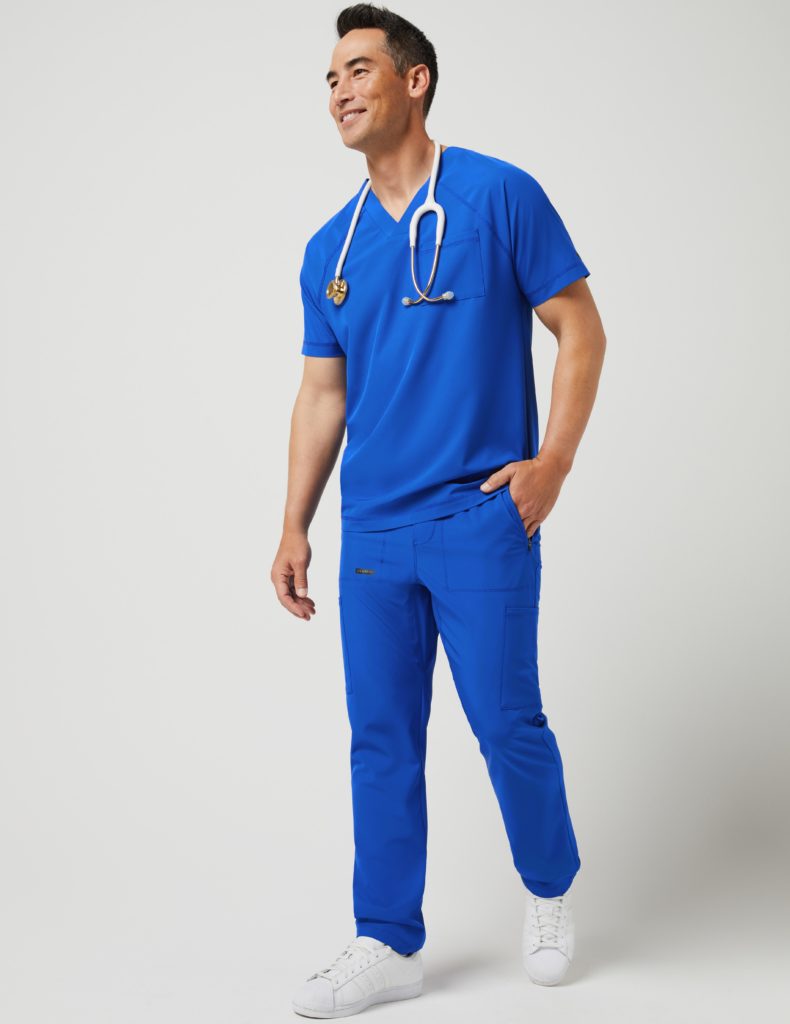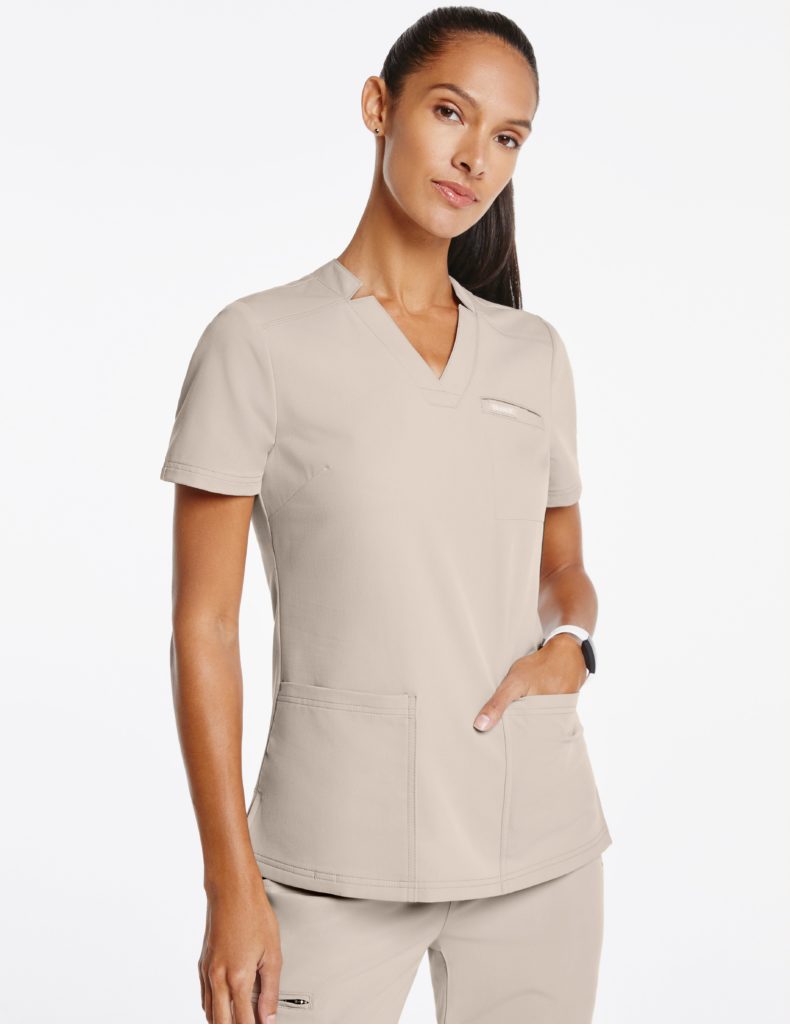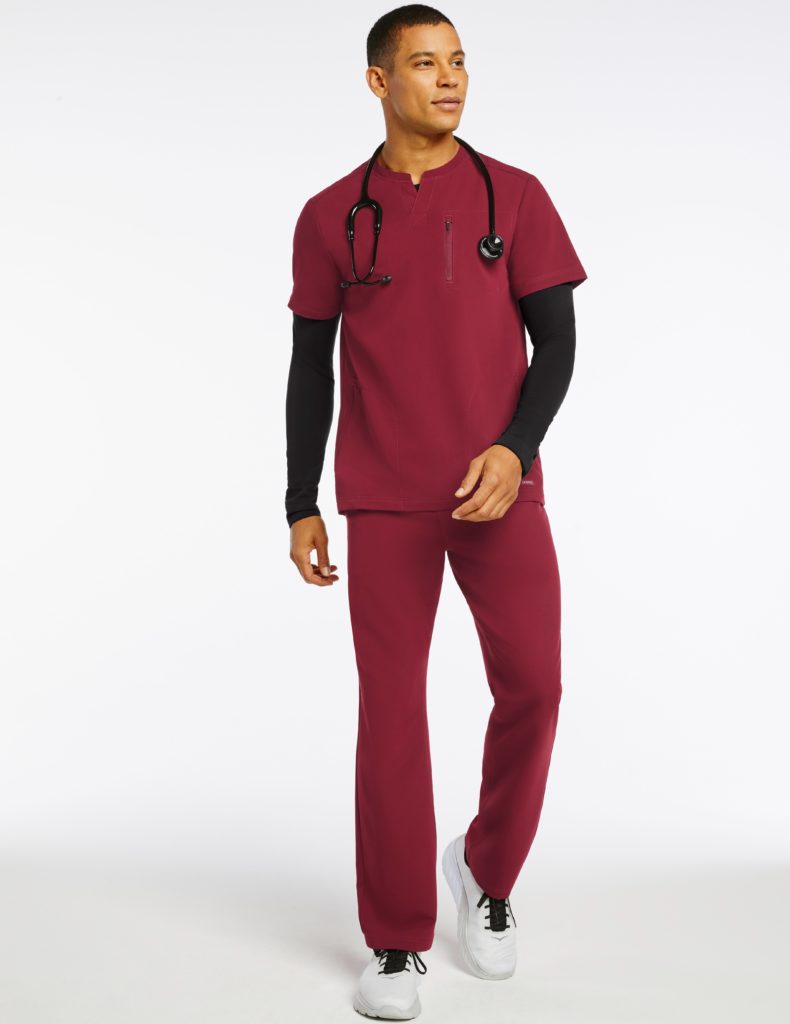If you’re doing your research before jumping into a nursing career, congratulations! You’re already off to a great start. There are so many ways you can specialize and so many different healthcare environments you work in. Work as meaningful and rewarding as this comes with an immense emotional and time investment. So, if you’re trying to figure out what path is a good fit for you, you’re looking out for yourself and your future patients. We can get behind that.
In this article, we’ll look at all of the ins and outs of perinatal nursing. Want to know how to become a perinatal nurse? We’ve got you. Do you want to define perinatal nurse responsibilities and understand what kinds of skills and qualities you need for this job? We’ve got you there, too. Read on to decide if this career path is for you and what educational credentials and certifications you’ll need to practice it.
What is a perinatal nurse?
Perinatal nurses work with women before and during pregnancy, at birth and afterward in the postpartum period. These healthcare professionals educate expectant parents on having the healthiest pregnancy possible.
That means they work with mothers and their families, too, and they encourage a supportive environment. A big plus: Perinatal nurses also have the joy of working with babies as they help new mothers through the first month after giving birth.
A perinatal nurse may sound like a neonatal nurse, but they aren’t quite the same thing. We’ll break down the difference toward the end of this article, so hang tight.

What is it like to work as a perinatal nurse?
Being a perinatal nurse means being an educator and support system. Part of this job provides stress relief to soon-to-be and new moms, so perinatal nurses can think of themselves as teachers, subject-matter experts and moral support rockstars.
Perinatal nurses work with the proverbial village that will raise a newborn. That means they have contact with mothers and their families, and yes, that cute little baby, too.
Is perinatal nursing right for you?
Perhaps the best way to decide if this career is right for you is to figure out what it takes to be good at this work. What qualities make a good perinatal nurse? Here’s a comprehensive list:
- Communication skills (written and oral)
- Empathy
- Willingness to collaborate
- Teaching skills
- Interpersonal skills
- Technical skills (pregnancy monitoring, labor progression)
- Moral support skills
- Family support skills
- Interest in relationships (familial, mother-infant)
Remember you don’t have to tick all the boxes for this to be the right career for you. You can undoubtedly hone some of these skills as you go along.
Where do perinatal nurses work?

Good news: As a perinatal nurse, you have options for where to work. Here are some of the key locations:
- Hospitals (especially in maternity wards)
- Specialty hospitals
- Health departments
- Health maintenance organizations,
- Medical offices (especially OB/GYN offices)
- Clinics
- Birthing centers
- Midwife practices
- Home health agencies
- Neonatal intensive care units (ICU)
- Community health organizations
- Medical evacuation and transportation services
What is the career outlook for perinatal nurses?
The job market is looking up for perinatal nurses. According to the U.S. Bureau of Labor Statistics, registered nursing jobs—a category that covers perinatal nurse jobs—will increase by 7% by 2029. Even better news: these numbers are better than average.
In the United States, the average perinatal nurse salary is $78,850. If a perinatal nurse gets a graduate-level degree like an MSN or a DNP, they’ll gain access to a higher income. Those who hold these degrees could earn six figures annually.
How do I become a perinatal nurse?
As with many nursing careers, you’ll need to get a college-level nursing degree from an accredited program. We’ll explain this educational path in greater detail below. Then, you’ll need to become a registered nurse. It will take you two-four years to become a perinatal nurse, plus any additional time you spend getting advanced certifications.
What are the education requirements for perinatal nurses?

To become a perinatal nurse, first, you’ll need to get an Associate Degree in Nursing (ADN) or a Bachelor of Science in Nursing (BSN). Even though a BSN takes more time to earn, it’s a more versatile degree, and it sets you up better for more advanced roles. Of the two options, it’s the one we recommend.
After receiving your degree, you’ll need to (in very comfortable scrubs) sit for that NCLEX-RN examination. After passing, you’ll officially be a registered nurse who can apply for state licensure, and you’ll be well on your way to a successful career.
You can also continue your education by becoming a nurse practitioner (like a labor and delivery nurse practitioner), a more specialized role. To practice as an NP, you’ll need to complete a Master of Science in Nursing (MSN) or a doctorate. You can also get certified as an Advanced Practice Registered Nurses (APRN).
What’s the difference between perinatal and neonatal nurses?
There’s a fine line between these two roles, but we’re happy to help explain it. Perinatal and neonatal nurses (and other nurses) help with childbirth—from conception to pregnancy, followed by the postpartum stage.
Perinatal refers to the time around birth, which means these nurses focus on care before and at birth. Neonatal refers to the time during and after birth (around 28 days), so these nurses direct their attention to caring for infants and women right before and after birth.
Remember, whatever nursing career you choose—be it perinatal, neonatal or another field altogether—we’re here to support you. Yes, with compression gear and quality scrubs, but also moral support. Whether it comes to making sure you’re informed or giving you the best medical uniforms money can buy, we’ll always be in your corner.

